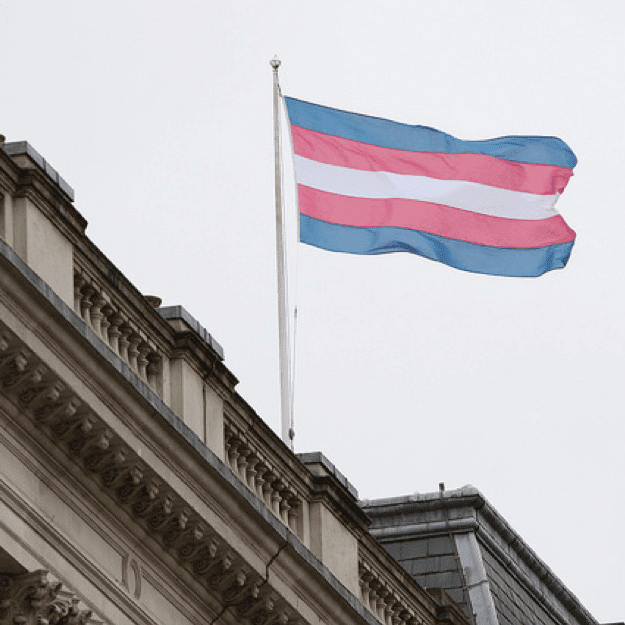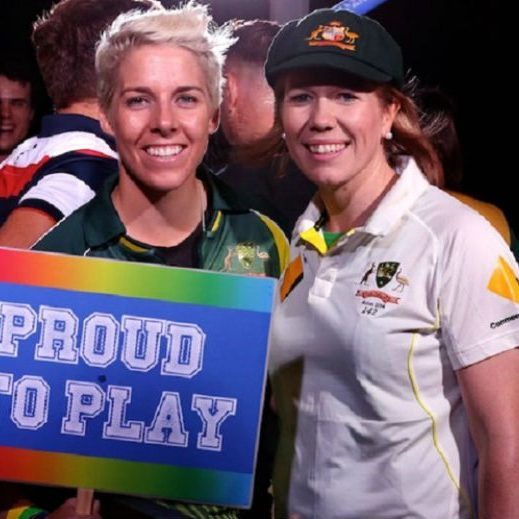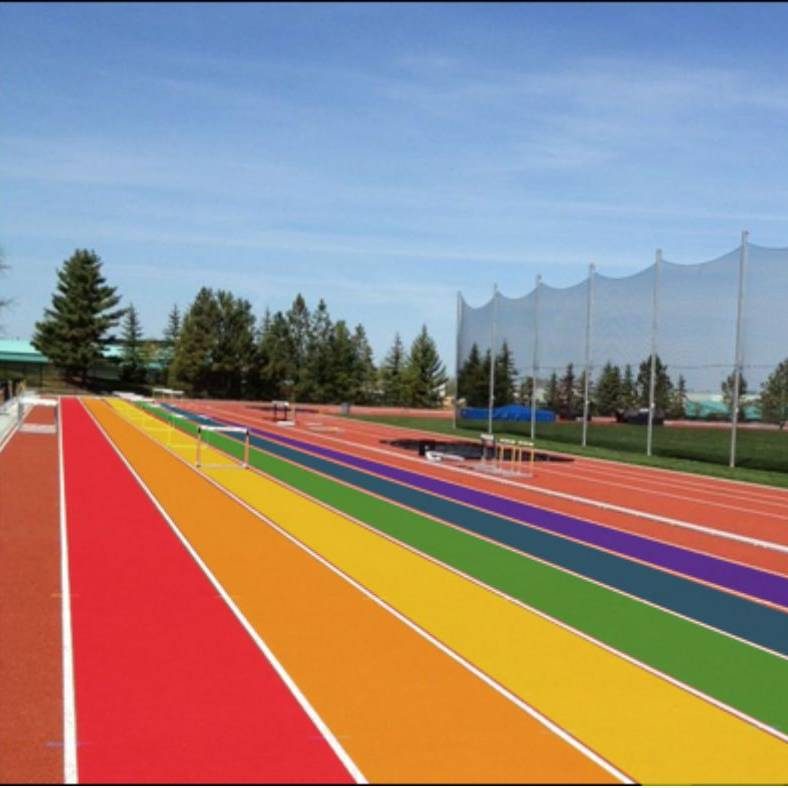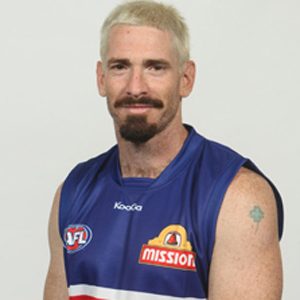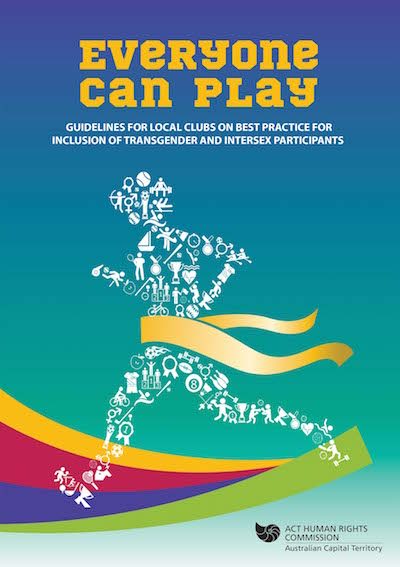
The Human Rights Commission releases a new resource designed to promote the inclusion and participation of transgender and intersex people in sport.
Canberra sporting clubs are being encouraged to embrace the inclusion of intersex and transgender people in community sport. The ATC Human Rights Commission has launched new participation guidelines to help organisations that may be struggling with gender issues.
“Everyone Can Play” is practical guidance aimed at local sporting organisations that want to be more inclusive.
The guidelines provide information about legal rights and obligations, addressing incorrect assumptions made about transgender and intersex people, how to reduce and avoid discrimination in sport and other potentially relevant issues experienced in sporting environments.
The guide says rising numbers of people don’t identify as either biologically female or male. “This reality poses some challenges in an environment where there are often sound reasons for running separate men’s and women’s competitions and events,” the document says. “The answers are not always going to be straightforward or easy to work out, but anecdotal evidence shows that more and more sporting bodies are already being asked to respond to these issues.”
It was written that sporting organisations could improve their practice by developing or updating policies on diversity and equal opportunity, discrimination provisions, player participation, complaints and disciplinary process. The guide says that people should be able to use facilities such as toilets and change rooms that they feel are appropriate to their gender.
The Australian Christian Lobby has accused the ACT government of “using the big stick of anti-discrimination law” to impose a “politically correct ideology” on sporting clubs. “All people should be treated with respect and courtesy at all times,” managing director Lyle Shelton says. “But at the end of the day, are the mums and dads of Tuggeranong, Belconnen and Gungahlin comfortable with the ACT government legally requiring their daughters to share toilets, change rooms and showers with men and boys identifying as women?”
“The idea that gender is fluid is contested and reasonable accommodation for those dealing with gender identity issues that include everyone’s concerns can and should be made.”
Karen Toohey, the discrimination minister, said that the concept was made to start a conversation and provide support, rather than take a legalistic approach. “We’re focusing on how we can build people’s capacity to provide safe and inclusive sporting environments,” she said.
“One of the issues is that international sports focus on the technicalities. What we’re trying to do it focus on local participation. For community sports, we’re saying don’t worry so much about what the international body is saying, or what the rules and regulations are, because unless you’re an elite sportsperson that’s not going to come into play. What’s really important is that people in our community feel engaged and they feel they can participate without having to answer a whole bunch of questions that are completely irrelevant to the sport they want to play.”
The discrimination minister said that the commission was working with Active Canberra to distribute the guidelines, which can be found online. It was said that implementation would include training sessions and direct engagement with sporting organisations and schools. Ms Toohey mentioned that these gender issues were also experienced throughout junior sporting environments. “We do know there are certainly young people in the ACT who identify as trans and a number of schools are working in an incredibly supportive way with these young people,” Ms Toohey said. “What we’re saying is ‘Let’s talk about it, let’s not hope it’s a problem that just goes away and someone else has to deal with it.”
Although it’s a small step, it’s still a step forward towards are more inclusive society. It’s great to see our government raising these issues and questions to discuss with our communities. Here’s hoping this good news snowballs into something bigger and better for the LGBTIQ+ community!

